9/11 as It Happened, a Comedy Forum, and American War Psychology
The Archived SomethingAwful Thread From 9/11/2001, John Foster Dulles, , and the Schizophrenic War Psychology of 21st Century America.
This article goes well over the email post limit, and this has been a passion project of mine for some time, so if you want to read this full article, with all the images and videos I included, I recommend reading it for free on my Substack Website.
The Something Awful forum is part of the Something Awful website, which was launched in 1999 by Richard "Lowtax" Kyanka. The website largely became known for its wide range of irreverent and decidedly “controversial” comedy-based content, including articles, parodies, and other satire about various aspects of media, politics, and 2000s internet culture. The website also hosts forums where members can discuss pretty much anything within a basic text & image interface.
This was posted on forums.somethingawful.com 6 minutes after American Airlines Flight 11 crashed into the North Tower of the World Trade Center in New York City:

Internet infrastructure in 2001 was not as robust as it is today, making many websites of the time less capable of handling sudden surges in traffic, Email services, popular forums, and early forms of social media, major news outlets such as CNN, BBC, The New York Times, and others faced severe system difficulties due to the high volume of traffic. These sites experienced massive slowdowns and, in some cases, outages as millions of people around the world sought up-to-the-minute information on the attacks. A lot of what was on the internet on and before September 11th, 2001, has been lost to time, but the whole thread started SomethingAwful user: 0n0g with the screenshotted post pictured above has been archived; it still remains; you can read through it and all of its hundreds of comments(linked below this paragraph). Members of the Something Awful forums began to post their reactions, share information, and support one another during a time of absolute confusion and fear among Americans. The way you see these people talk about the attacks in real-time, you can see clear as day the American jingoistic war psychology develop, you see how the war on terror was justified to the American public, and you get to see people bemoan the upcoming decades of military conflict that has defined America’s 21st century.
A full archive of user: 0n0g’s SomethingAwful September 11th, 2001 thread can be found here in this link.
Before I go into the thread and many of its “highlights”(hard to say there was any “high point “to 9/11), I think it's important to talk about war psychology, its history, and a couple of American characters I’ll try to convince you to know about.
During the latter half of U.S. President George W Bush's administration and during the Iraq war, on November 16, 2005, the controversial and often cited “leftist” American Political Scientist and Historian Micheal Parenti gave a talk titled "The Darker Myths of Empire" at the College of DuPage in Illinois as a part of his “Heart of Darkness” lecture series(linked here).
As a fan of Parenti’s books and as someone who often finds myself agreeing with him(don’t go looking to ask him about Serbia, though), I couldn’t recommend listening to/watching this lecture enough(it’s pretty good). Regardless of whether you ascribe to Parenti’s politics or not, one of his talk's most prescient points was a quote from War, Peace and Change, an essay by Dwight D. Eisenhower’s former U.S. Secretary of State John Foster Dulles. Micheal Parenti noted that “in a moment of committing truth about the empire's need for falsehood and manipulation,” Dulles wrote that:
“In order to bring a nation to support the burdens of maintaining great military establishments, it is necessary to create an emotional state akin to war psychology. There must be the portrayal of an external menace. This involves the development to a high degree of the nation-hero, nation-villain ideology and the arousing of the population to a sense of sacrifice. Once these exist, we have gone a long way on the path to war.”
-John Foster Dulles in War, Peace and Change (1939)
I recognize that I’m about to summarize Dulles’s main argument from War, Peace and Change, but after reading the whole essay just for this section of this post, I promise I’m doing my best not to “butcher it.” War, Peace, and Change is a work from Dulles arguing that the international system is inherently dynamic and that nations within the international system must be prepared to adapt to changes in order to maintain peace and security both at home and abroad to support their interests. Dulles emphasizes the importance of a proactive and prepared stance in foreign policy, advocating(as an American) for the United States to play a significant role in shaping a “stable international order.” He argues that peace is not merely the absence of war but a product of deliberate efforts to manage change and address potential conflicts through diplomacy, economic policies, and, when necessary, military force/violence.
On the civilian front within a nation, Dulles's essay emphasizes the importance of cultivating a unified national sentiment, where portraying external threats and fostering a "nation-hero versus nation-villain" “ideology” mobilizes civilian support for military and foreign policy initiatives through a sense of patriotic duty and sacrifice, justifying a potential decline in quality of life and of individual/social freedoms. Dulles’ argument implies that for a nation to support the burdens of a bloated military establishment and engage effectively in international affairs, there must be a concerted effort to create a psychological state among the populace that recognizes the necessity of these measures. All of this works in tandem to assert a nation’s(U.S.) influence globally to prevent conflicts that affect it(U.S. interests) and promote “a peace” consistent with a nation’s(U.S.) interests, with the “consent” of enough of the(American) nation’s populace.
John Foster Dulles is probably most well known for his role in the history of U.S. foreign policy in the early parts of the Cold War; however, he was a man whose professional career was involved in the American Government’s international affairs for almost the entirety of the 20th century’s first half. He played a role in the Versailles Treaty negotiations after World War I, as a part of the American delegation. Dulles was a senior partner at a very rich and powerful New York law “Sullivan & Cromwell.” In 1953, President Dwight Eisenhower appointed John Foster Dulles as U.S. Secretary of State. In the same year, Eisenhower appointed his brother Allen Dulles to the position of Director of the CIA. In Micheal Parenti’s "The Darker Myths of Empire" lecture, he jokes about how the brothers were known to call each other multiple times a day.
Under President Dwight D. Eisenhower, Secretary* Dulles was a leading architect of the United States' aggressive stance against communism and the Soviet Union. Dulles also played a crucial role in forming and strengthening international alliances, such as NATO, and other defense pacts aimed at combating “Soviet influence,” including the Southeast Asia Treaty Organization (SEATO) and the Central Treaty Organization (CENTO). His policies and diplomatic strategies were central in the U.S. efforts to “stop the spread of communism” by expanding the Truman administration’s “policy of containment,“ which notably included advocating for his policy of "brinkmanship," and "massive retaliation," which threatened and recommended the use of nuclear weapons in response to any communist aggression, anywhere in the world.
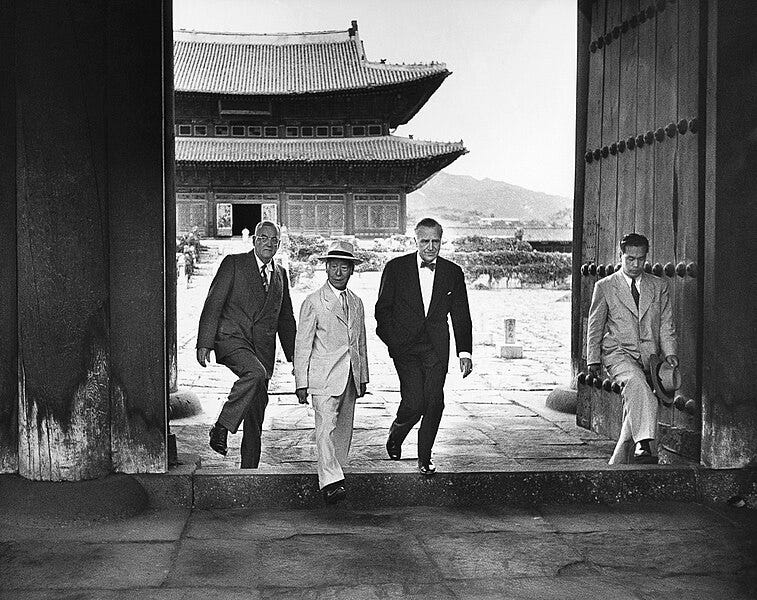
War, Peace, and Change was written by Dulles in 1939 when he was working/specializing in international law for Sullivan & Cromwell. The essay was written before direct U.S. involvement in the Second World War and well before the U.S. post-war/Cold War Liberal consensus. For someone whose career was defined as heading a U.S. State Department characterized by a staunch anti-communist policy and adversarial nature towards the Soviet “sphere of influence,” it’s really easy to see the Cold War lines drawn between Dulles’ American/Capitalist aligned “nation-heroes” and the Soviet/Marxist-Lenninist aligned “nation-villains.”
When the Berlin Falls in 1989, and melancholia nearly affected the entire global(Marxist-Lenninist(in name) left, and when the Soviet Union Collapses under its own weight and revisionism in 1991, it would be reasonable to argue the Fukayamist “end of history” with regard to the battle between the Capitalist “free world” against the Soviet’s “evil empire” of Communism, “liberalism won” the ideological battle of the Cold War. So In 1992, when Francis Fukayama Wrote The End of History and the Last Man, just one year after the Soviet Union ceased to exist, “the good guys” appeared to win, and the American “nation-hero” was victorious. But with no “nation-villain” to build up arms against, what happens to the average American civilian’s(voters/taxpayers) “war psychology”?
The “war psychology” of the population and the military action of the state eased up substantially; look at the dip in spending after Reagan.
During the 1990s, under Presidents George H.W. Bush(Republican) and Bill Clinton(Democrat), the U.S. saw a realignment and reduction in defense budgets as part of broader efforts to capitalize on the perceived reduction in global military threats following the absence of a Soviet competitor. Back in 1995, Vermont Senator Bernie Sanders put forth legislation aiming to end America's nuclear weapons program. Even as recently as 2002, Sanders advocated for halving the Pentagon's budget. Sanders asserted that the corrupt defense contractors and their lobby are responsible for widespread fraud and an excessively large military budget. This period under H.W. Bush and Clinton saw the downsizing of the military, cuts in defense procurement, and the closure of some military bases. However, the U.S. continued to maintain a significant military capability relative to the rest of the world.
However, If you were in any way paying attention to that graph I included above, you’d notice that the decline in U.S. military spending following 1991 didn’t continue its fall, and by God, and all accounts that Fukayamists would like to give, history did not end in 1991. The Arab Spring, the 2008 financial crisis, the post-Cold War African economic growth, and a renewed Great Power Competition and hostilities between the U.S., China, and Russia(Ukraine War) all prove away the argument that we are at “the end of history,” however no other event since 1991 proved to the American Public that “history was alive and well*” than the attacks on September 11th, 2001.
Nothing else in recent memory comes even close to reigniting the “American War Psychology” and the perceived need for military spending than 9/11 did. Rally around the flag, rally around the patriots, and rally around Bush*
And unlike a lot of other conflicts in our young nation's history, we get to see a new form of jingoistic war psychology develop in real-time.
That’s right; I’m finally going back to the SomethingAwful thread(thank God, right?).
Someone on the thread calls that it was Osama Bin Laden’s al-Qaeda 28 minutes after the first tower was hit, hours before anyone in the media did, and over 24 hours before President Bush alluded to him/al-Qaeda as the State Department’s prime suspect.
Morning of September 11, 2001
8:46 AM (Eastern Time): American Airlines Flight 11 crashes into the North Tower of the World Trade Center in New York City. News outlets quickly begin covering the incident, initially suspecting a tragic accident.09-11 08:52 AM, 0n0g starts the tread, 6 minutes after the North Tower is struck.
NOTE: All Screenshots of the Thread are in PST(Pacific Standard Time), 3 hours behind EST(Eastern Standard Time), the time zone where each of the planes took off from, and where all four planes crashed.
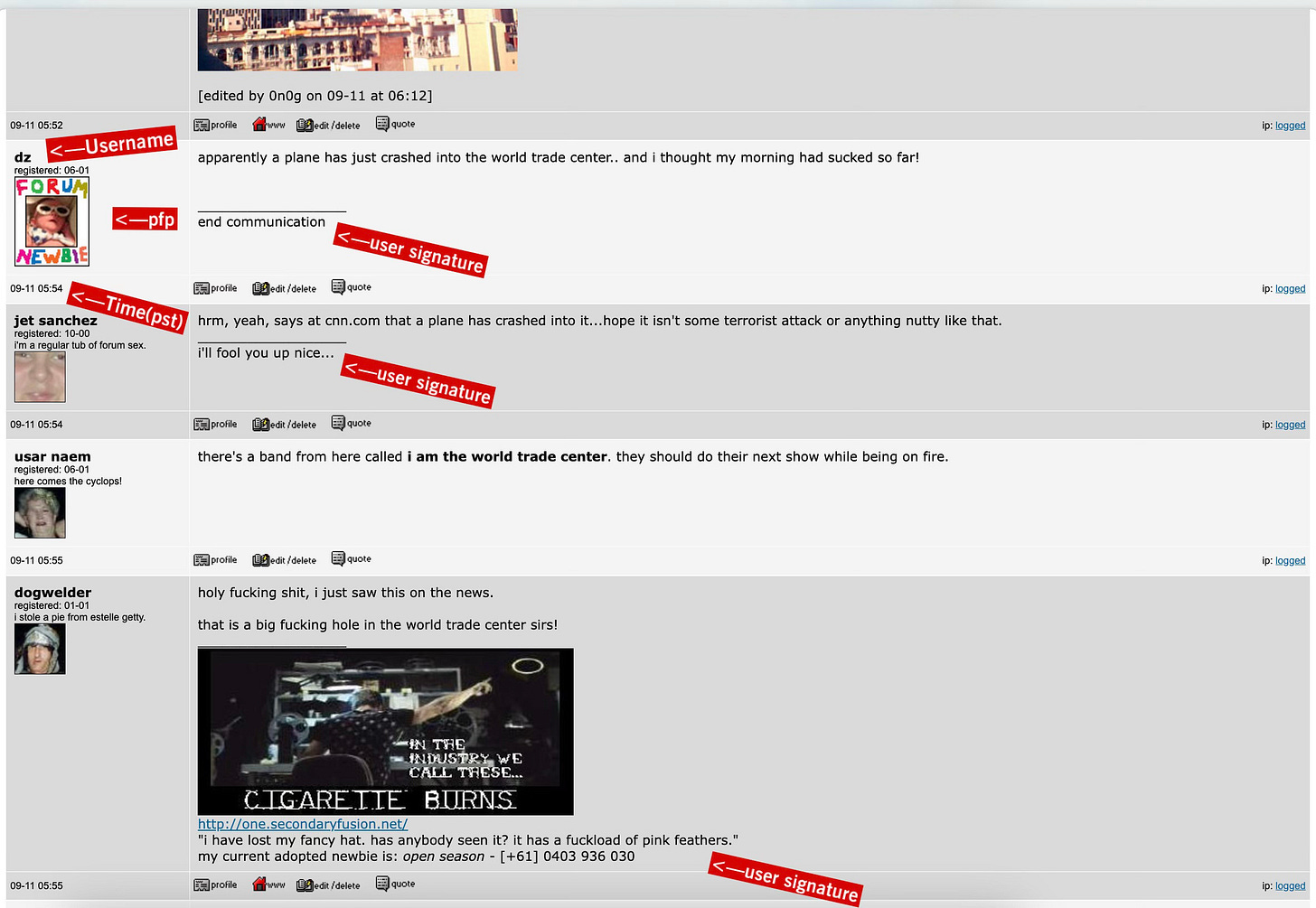
Ten minutes after the North Tower was hit, someone made an anus joke about the hole in the building before the South Tower or the Pentagon was even hit.
9:03 AM: United Airlines Flight 175 crashes into the South Tower, confirming the attacks' deliberate nature. Live television broadcasts capture the second plane's impact, bringing the unfolding disaster to viewers worldwide in real-time.9:05 AM: President Bush is informed of the second plane hitting the South Tower while visiting an elementary school in Sarasota, Florida. His initial reaction is captured on video, showing him continuing to listen to children reading for several minutes before he is briefed further.We, as the American people, have always been into misinformation and “just saying shit”
^The first mention of Osama Bin Laden in the thread hours before the media speculates on his involvement and days before Bin Laden and al-Qaeda claim responsibility.
^This is in reference to al-Qaeda’s 1998 U.S. Embassy Bombings. On August 7, 1998, nearly simultaneous bombings struck the U.S. embassies in Nairobi, Kenya, and Dar es Salaam, Tanzania. The attacks killed 224 people, including 12 Americans, and injured over 4,500. Al-Qaeda claimed responsibility, and the U.S. indicted bin Laden for his role in the bombings.
Fucking Thom Yorke.
“we need to turn the fucking desert into a sheet of glass”
“watch bush start a fucking war”
^huh I wonder if this happened to Iraq?
^huh I wonder if this happened to Afghanistan?
9:30 AM: Bush makes his first public statement, calling the events "an apparent terrorist attack on our country."9:37 AM: American Airlines Flight 77 crashes into the Pentagon in Arlington, Virginia, outside of Washington DC. Media outlets scramble to report on the additional attack, stretching resources to cover the rapidly developing situation.The Plane that Hit the Pentagon came from Dulles International Airport, named after John Foster Dulles.
^more misinfo
“all fucking towelheads will die!!”
9:59 AM: The South Tower collapses, broadcast live on television. The collapse raises immediate concerns about the safety of first responders, those still trapped in the North Tower, and the potential for further collapses.10:03 AM: United Airlines Flight 93 crashes into a field near Shanksville, Pennsylvania, after passengers fight the hijackers. News of the crash emerges as reports confirm the broader scope of the terrorist plot.^Supirse, surprise, I’m gonna have a paragraph about this at the end
10:28 AM: The North Tower of the WTC collapses. The images of both towers falling dominate news broadcasts, symbolizing the magnitude of the attacks.THREAD IS CLOSED BY SOMETHINGAWFUL ADMINS
1:00 PM: Bush addresses the nation from Barksdale Air Force Base in Louisiana, vowing to "hunt down and to find those folks who committed this act."8:30 PM: From the White House, Bush delivers a televised address, stating that "terrorist attacks can shake the foundations of our biggest buildings, but they cannot touch the foundation of America."Former Pres. George W. Bush spoke to first responders atop the pile at Ground Zero three days after Sept. 11, 2001.
Video from ABC NEWS: "I can hear you, the rest of the world hears you, and the people who knocked these buildings down will hear all of us soon," he said. Responding to the president's words, some rescue workers chanted, "USA, USA!"
In Micheal Parenti’s “Heart of Darkness: The Darker Myths of Empire” lecture, in addition to bringing up the aforementioned John Foster Dulles, he also brings up a notable excerpt from Tom Watson, a former Governor and Senator from Georgia.
I’ll paraphrase a bit of What Parenti was saying here from a transcript of the lecture I found:
Tom Watson was governor of Georgia and then a U.S. senator from Georgia, he wasn't a Democrat or a Republican he was a member of the Populist Party, back in the late 19th century when the populist party controlled about four or five governorships and maybe had about four or five members in the US Senate and maybe a couple of dozen in the House of Representatives they were emerging as a power, especially in the south and the west and their fight was against Wall Street and the big-money interests and the industrialists and all that sort of thing. Watson's later career took on a very unfortunate turn, anti-semitic racist, of course, in Georgia at this time, but this is 1898 now 1898 was a rather interesting time this was when the US has embarked upon this other “great humanitarian crusade” called the spanish-american war where the President of the United States William McKinley said “we have to fight this war because we have to save the poor Cubans from the Spaniards and what was McKinley's first act of war really stunned a lot of people he took a US Army and a U.S. fleet and he went thousands of miles across thePacific and he invaded and conquered in what turned out to be about a six or seven year bloody war the Philippines because they were rich because that set up the Pacific Empire of the US and that had been their goal all along to get into the plunder of this to find the new pacific markets and the new resources for that top one or two percent of the investing class, and the Springfield Republican a newspaper that had supported McKinley, and the war and half the American public allready suported the war because hostilities with the spanish was being drummed up by all the papers at the time that had supported this, more than half og the Americans were all going crazy “let's go in and save those poor Cubans” “let's whip the Spaniards the supreme power”The Springfield Republican(who originally supported the war), in Tom Watson’s editorial, wrote this in 1898:
National bankers will profit by this war. The new bonds give them the basis for new banks, and their power is prolonged.
The privileged classes all profit by this war. It takes the attention of the people off economic issues, and perpetuates the unjust system they have put upon us.
Politicians profit by the war. It buries issues they dare not meet. What do the people get out of this war?
Would that our government had never gone into this war! The Spaniards were not bothering us. They were oppressing the Cubans, just as England oppressed Ireland, Egypt and India; just as France oppressed Siam and Madagascar; just as Turkey oppressed Armenia. It "was none of our business. Our fathers warned us to let Europe alone and attend to our own affairs.
Did we go to war with Spain because a Spaniard sank the Maine? The Declaration of War doesnt say so. We said that Spain had been fighting and starving Cuba long enough, and that it must stop. There is no principle of the law of nations which authorizes us to say this. The Spaniards and Cubans were bushwhacking one another, and killing from three to five men at a battle. We have gone down there and killed more men in three months than they would have killed in thirteen years. If they were starving before, who feeds them now? Famine has killed its thousands where, before it slew its hundreds. All honor to our "brave soldiers no man glories in their spunk more than I, but who doubted that Americans would fight? What are we going to get out of this war as a nation? Endless trouble, complications, expense. Republics cannot go into the conquering business and remain republics. Militarism leads to military domination, military despotism.
-
Imperialism smoothes the way for the emperor. Pax Romana and Pax Britannica, and many other empires have come and gone, have passed, and Pax Americana still remains today for now as the sole superpower, now in 2024, just with some fierce competition from an emerged China and a reemerging Russia.
The end of U.S. and Soviet “Bipolar World Order” and a diminishing American war economy could easily be argued to have led to a need for the American “nation-hero” to become much more paranoid, without a comparable rival, which led to the HW Bush and Clinton reevaluation of its role in maintaining international stability and promoting liberal values.
9/11 was the perfect excuse for the Bush admin to jump-stop the decline in mass military spending, and notably, none of the three following U.S. Presidents ever did anything substantial to diminish this new heightened war spending against an invisible, an asymmetric enemy, even after we ended the War in Iraq and our involvement in Afghanistan, it was imperative in the post 9/11 world to act as though terror could and would happen any place and anywhere, and that a reduction of your personal freedoms and the gathering of your information was worth the sacrifice to maintain our role as the American “Nation-Hero“ as if we, like the Romans, British and many empires before us, we were the only one’s stopping the world from barbarism at the gates.
If there’s ever a time in which the US has a massive decrease in military spending, get ready for new reason for why we should rearm.
Before I go for real, here’s a list of just a couple of Government actions and legislation made in direct response to the September 11th Attacks, not even mentioning the forever wars in Iraq and Afghanistan.
Emergency Supplemental Appropriations Act for Recovery from and Response to Terrorist Attacks on the United States (2001):
Provided immediate funding for the response to the 9/11 attacks and the initial War on Terror efforts.
National Defense Authorization Acts (NDAA) (Annual):
Authorized increased defense spending annually to support military operations, personnel, equipment, and technology development related to the War on Terror.
Department of Defense Appropriations Acts (Annual):
Allocated actual budgetary funds for the Department of Defense, reflecting increased commitments to defense and counterterrorism efforts post-9/11.
Emergency Supplemental Appropriations Acts for Defense, the Global War on Terror, and Tsunami Relief (2000s):
Funded military operations in
Afghanistan and Iraq, and broader counterterrorism efforts through emergency supplemental appropriations outside the regular budget process
USA PATRIOT Act (October 26, 2001)
Expanded law enforcement's surveillance and investigative powers for detecting and preventing terrorism. It allowed for easier access to communications, financial records, and other personal data.
Homeland Security Act (November 25, 2002)
Created the Department of Homeland Security (DHS) to consolidate federal agencies responsible for U.S. security, focusing on preventing terrorist attacks and responding to natural disasters.
Aviation and Transportation Security Act (November 19, 2001):
Established the Transportation Security Administration (TSA) to oversee security in all modes of transportation, particularly focusing on strengthening airport security and passenger screening.
Enhanced Border Security and Visa Entry Reform Act (May 14, 2002):
Aimed to improve U.S. border security and the visa process to prevent terrorists from entering the country, enhancing technology use at borders and improving the tracking of visa holders.
Intelligence Reform and Terrorism Prevention Act (December 17, 2004):
Reorganized the U.S. intelligence community by establishing the Director of National Intelligence (DNI) to oversee all national intelligence agencies and improved information sharing among agencies to prevent terrorism.




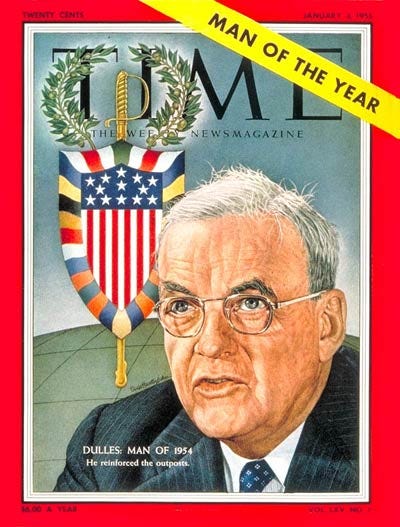
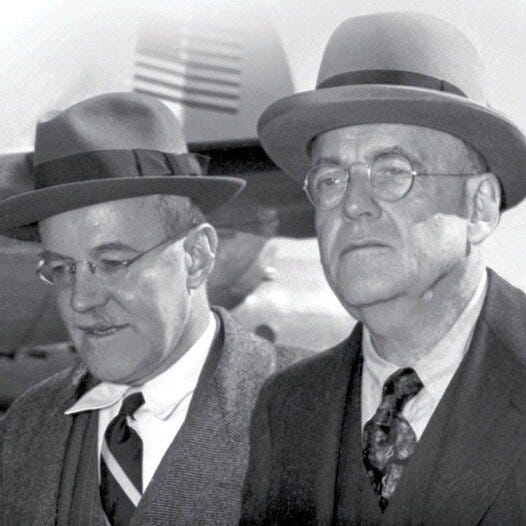


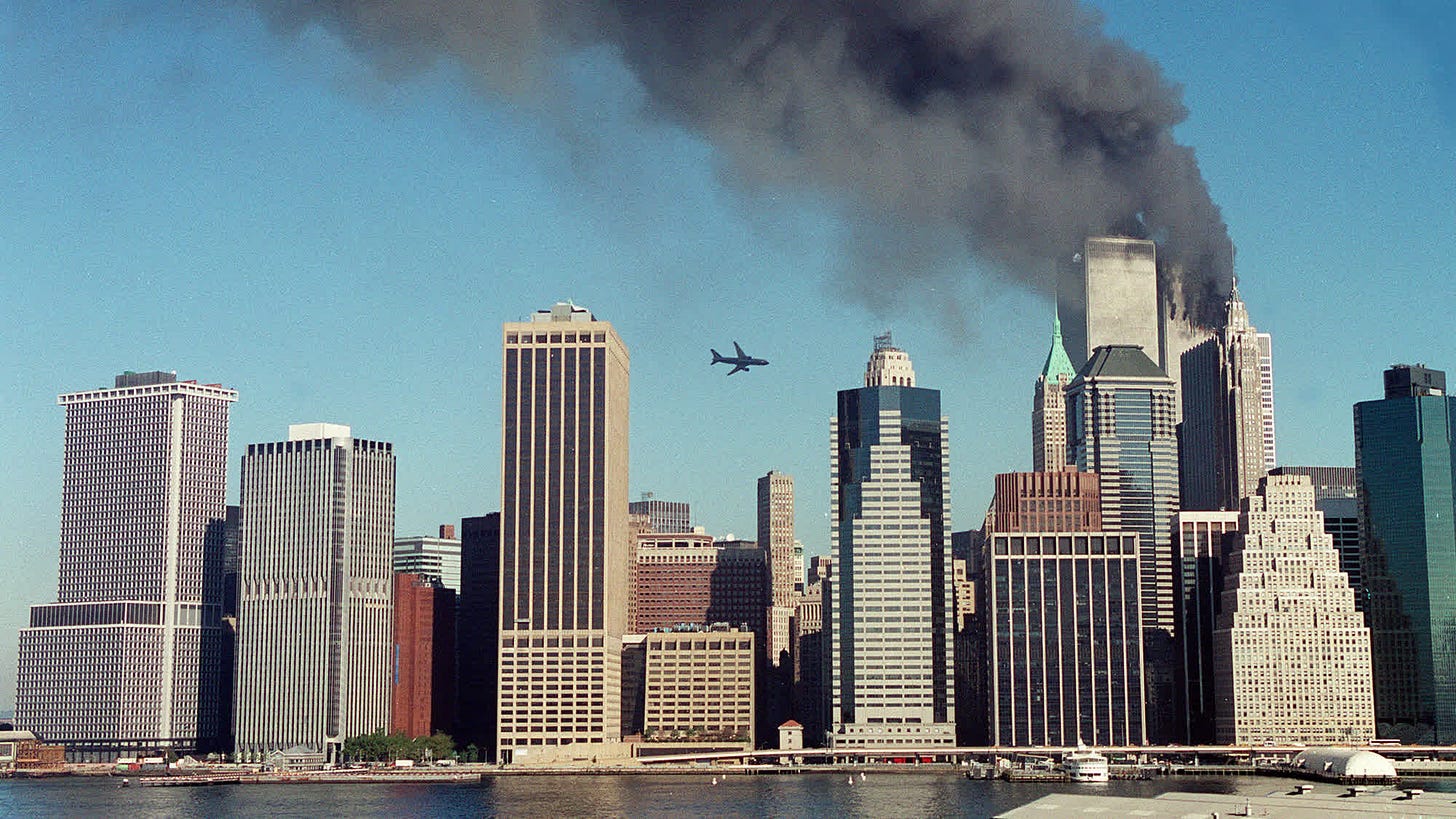
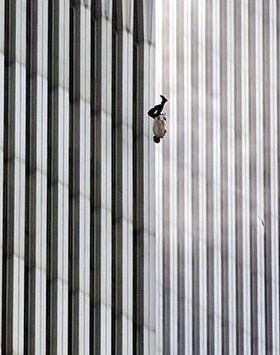








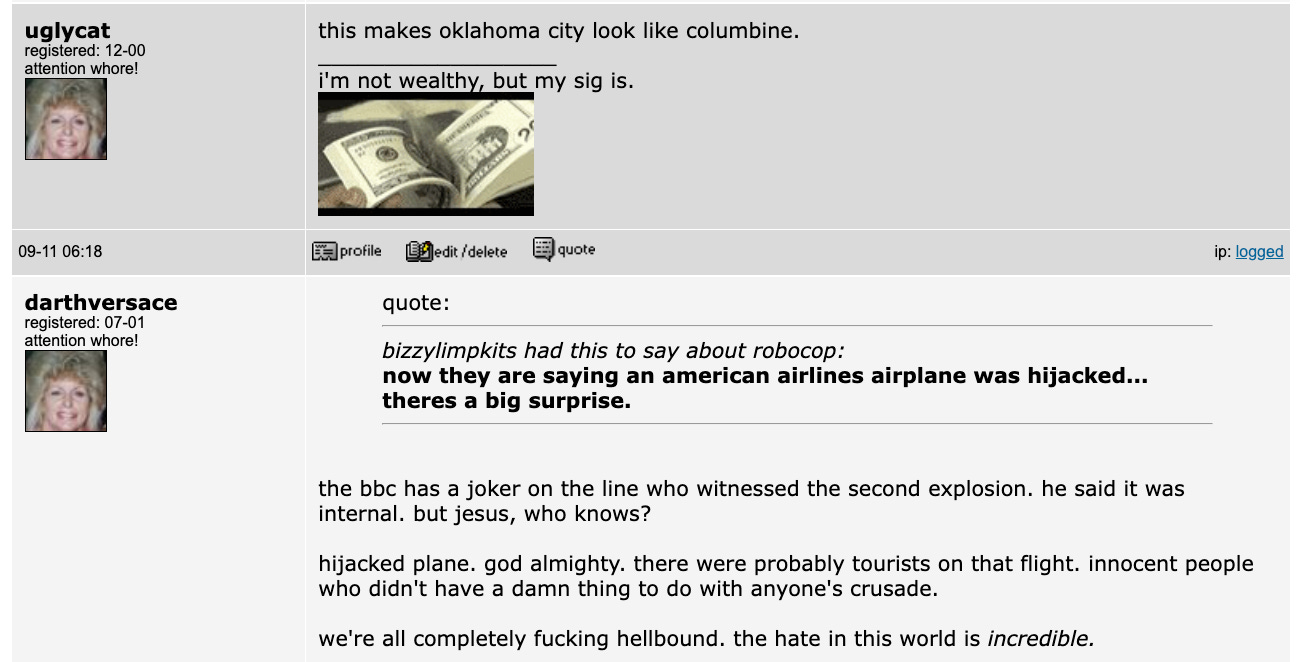
















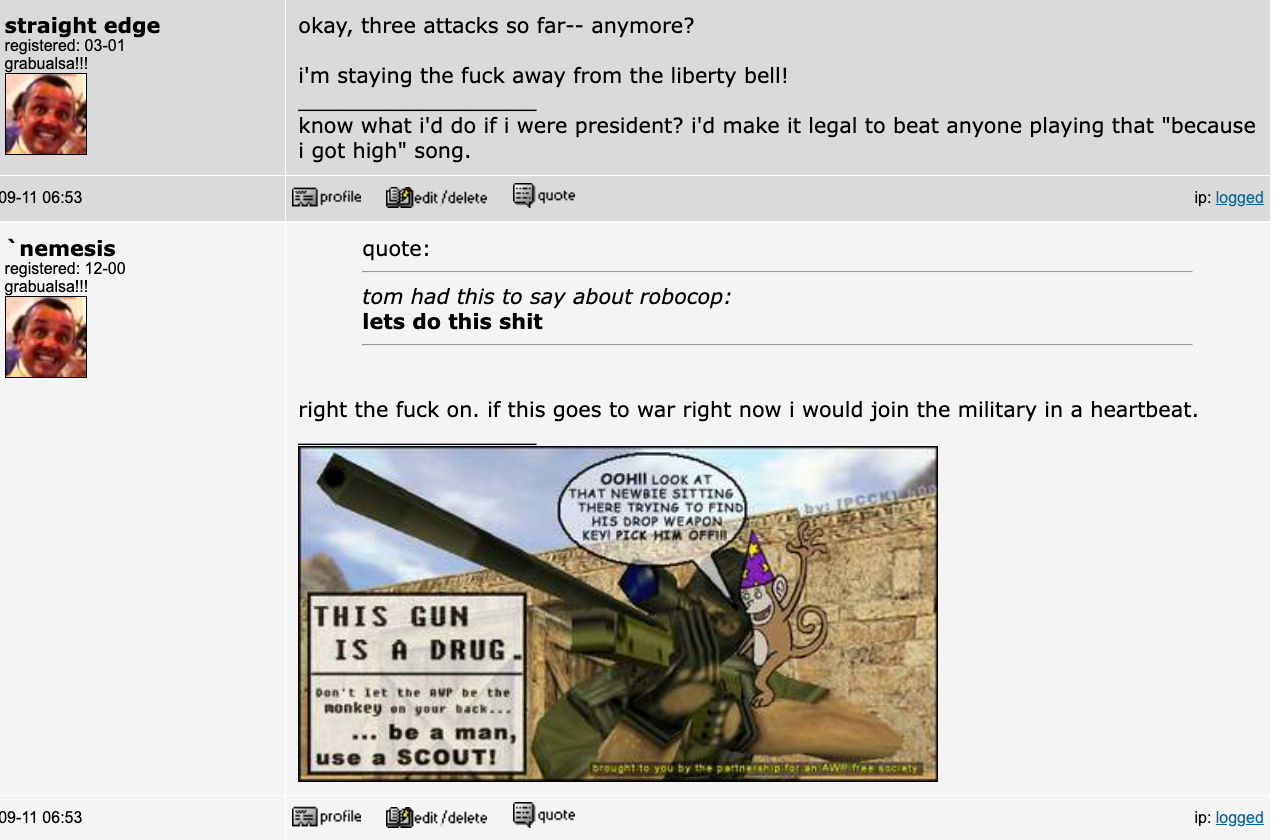










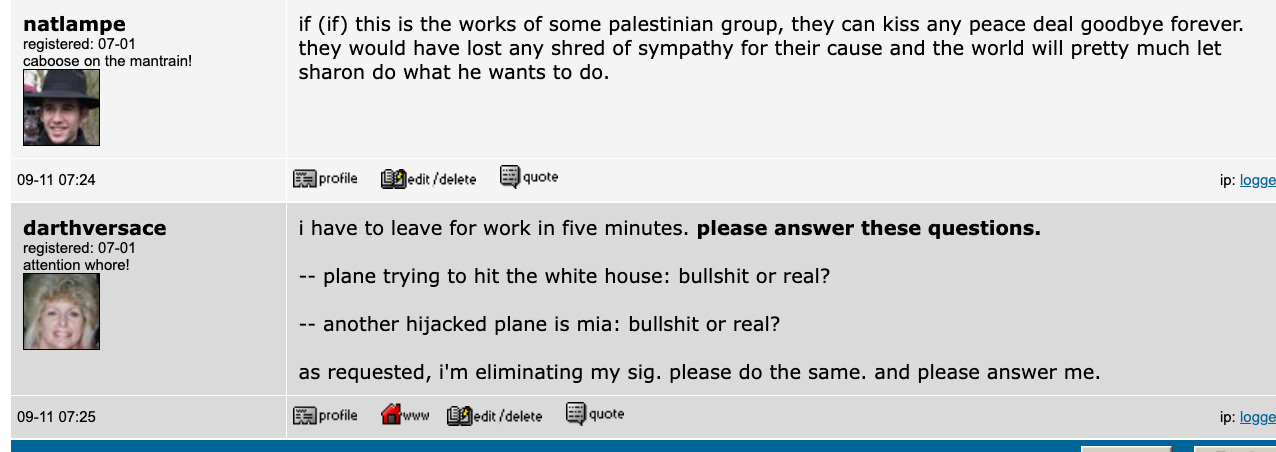


![apushcanvas [licensed for non-commercial use only] / Spanish American War as a Turning Point apushcanvas [licensed for non-commercial use only] / Spanish American War as a Turning Point](https://substackcdn.com/image/fetch/$s_!QqkQ!,w_1456,c_limit,f_auto,q_auto:good,fl_progressive:steep/https%3A%2F%2Fsubstack-post-media.s3.amazonaws.com%2Fpublic%2Fimages%2F05954c1c-617d-4390-9009-4c512ddb4a2b_1603x1092.png)

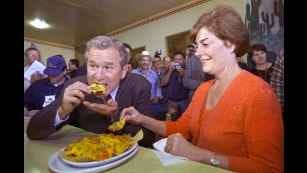
Another very informative article - well done. Drew!